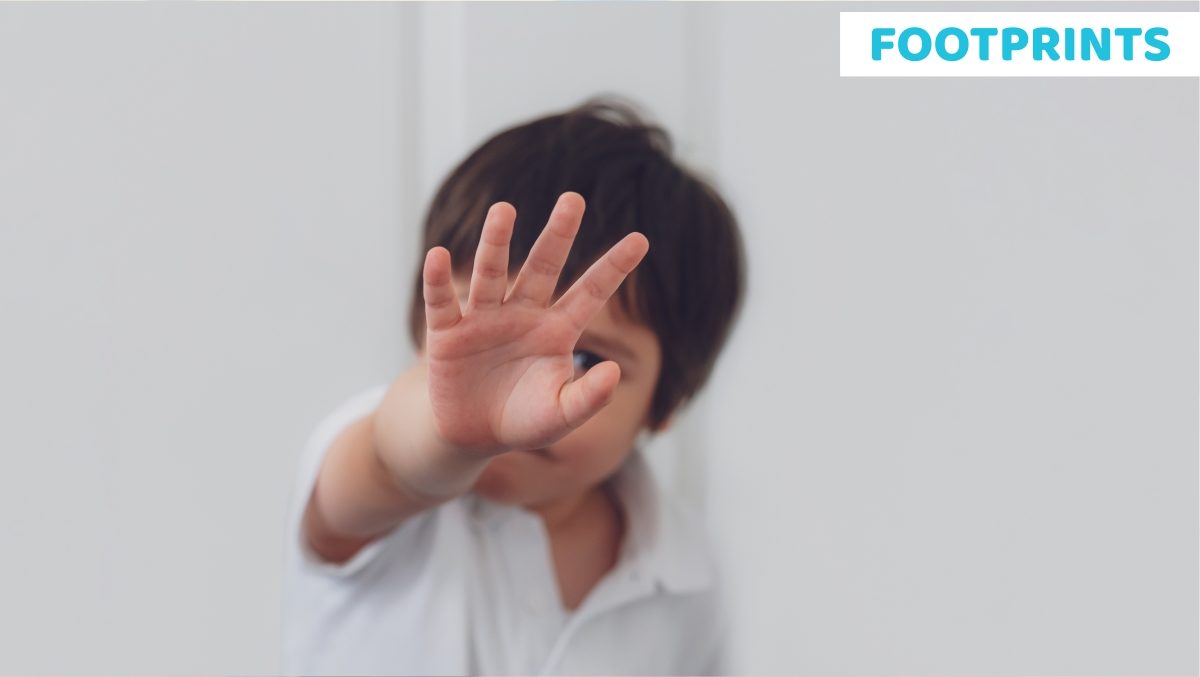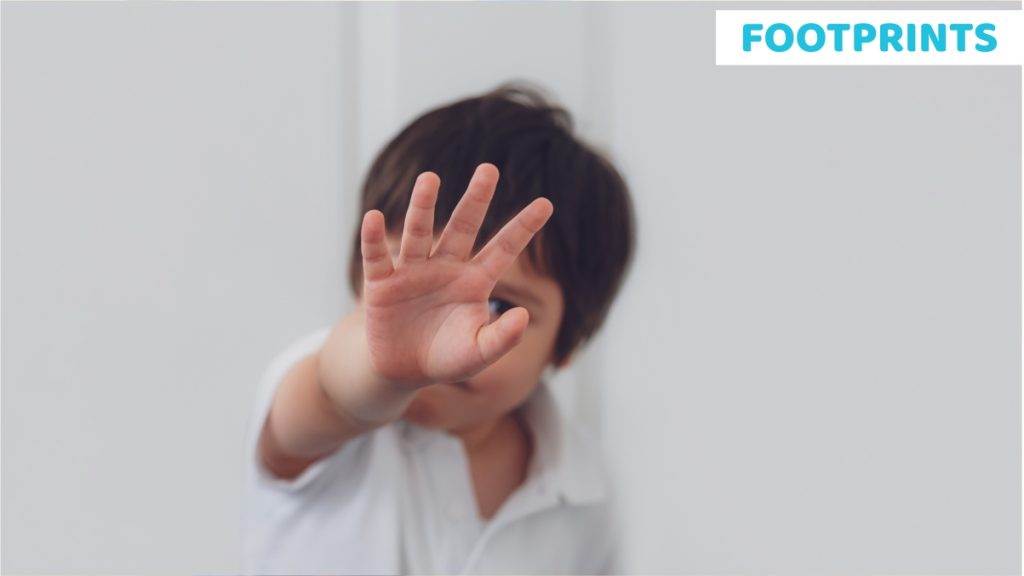
If you are a parent of a preschooler there are enough and more times you would have had to deal with an angry child. Especially since this is a phase when they are exploring their individuality and sometimes not getting their way around it, anger is a normal emotion. This is not to say that anger is limited to preschoolers alone; it is an emotion that you deal with almost at every step of your parenting journey. What is important, therefore, is how you deal with it. That more than anything else is what will determine whether you will have relative peace or shouting matches around the house. Read on for effective ways to deal with an angry child.
Don’t give in to yelling
Difficult as it may sound, refrain from giving in to the temptation of matching the child’s decibel levels. Screaming at the child or challenging him when he is angry will achieve precious little. Remember that if your purpose is to get the message across that he shouldn’t do things a particular way, the chances of getting that message across in his heightened state are abysmally low. Instead, remain calm and speak to the child at an opportune time when he has calmed down enough to be able to understand what you have to say. By staying calm, you are also passing a subliminal message to the child that a crisis isn’t handled by losing your cool. This tip, above anything else, will come in handy in parenting an angry child.
Offer suggestions for the child to calm down
Instead of getting into a shouting match, make suggestions about how the child can calm himself down. “Maybe you can go into your room and calm yourself a bit and come out and join us when you are feeling better” can be a good way to help the child to calm down. What you are doing in the process is also harping on the importance of self-reflection without making timeout seem like a punishment.
It will also be a good idea for you to help the child to be aware of his or her anger cues before it becomes a full-blown meltdown, a proverbial “fight or flight” situation. Helping the child recognize the cues such as a flushed face or increased heartbeat will go towards the child taking to calming mechanisms early. Anger management with toddlers, on the other hand, would mean that you could recognize early signs. The next step would then be to offer some snuggle time or go out for a walk together as effective anger management techniques. Offering them a coloring book and a box full of crayons or even playing soothing music, could be other ways to help them channel their anger in other directions.
Do not give in to unreasonable demands
It may be embarrassing if the child starts to throw a temper tantrum in the middle of a mall when you have refused to buy him or her something. It may also be equally tempting to give in to the demand out of embarrassment that accrues on account of the child’s angry outburst. Remember though that by doing so you are reinforcing the behavior and those temper tantrums will become the order of the day whenever the child does not get his way. Do not, therefore, give in to unreasonable demands when you are seeking an answer to how to calm an angry child. Do think carefully about your response and have made a reasonable decision, stick to it. So if you have decided that the child does not need another toy since you bought him a fairly expensive toy only last week, then do not change your mind when the child starts to throw a tantrum.
Constructive Problem-Solving
The important thing is to lead the child towards constructive problem-solving so that they do not manifest their frustrations with the issue into bad behavior. Do analyze the situation and give constructive solutions. So, if the child’s anger emanated from the younger sibling breaking his Lego tower, help with seeing how you can move the child’s toys out of the toddler’s reach. It would also help to discuss with the child (when he is calm of course) how he added to the problem by angrily throwing the blocks after the tower was broken. Pro-tip on how to handle an angry child- While you may want to tell the child right in the middle of his angry tirade that throwing the blocks wasn’t a good idea if anything, it will only make the child angrier. Waiting till the child calms down and then discussing it with him, is likely to bring far better results.
Ensure that consequences are offered for bad behavior and not for the anger
Positive parenting demands that the message that the child gets from you is not that anger isn’t acceptable as an emotion. It is the bad behavior that anger may manifest as that isn’t acceptable. In fact, when you recognize and empathize with the child’s emotion of anger, the child learns how to deal with the burst of adrenaline without resorting to unhealthy manifestations. Also, your acknowledgment of the child’s emotion means that the child can begin to feel safe and acknowledge the many other emotions that may be lying under the veneer of anger- from hurt to shame and fear. Every so often anger is the shield to defend these underlying emotions. With your help, as healing begins, anger may dissipate as well. In effect, your acknowledgment of his or her feelings may become that important first step in anger management for children. Above everything, you need to impart the lesson of emotional intelligence to the child. This will also happen when you do not ridicule their fears or disappointments. The more they try to repress their feelings on account of the ridicule that the emotion draws, the more it is likely that the feelings will manifest themselves in unhealthy ways.
Even when you are punishing the child for bad behavior ensure that the punishment is appropriate to the act and not overly harsh. Sometimes you may resort to inappropriate threats in the heat of the moment which may be hard to execute and/or can worsen the child’s behavior. Ensure therefore that the consequences are well thought out, executable, and appropriate to the situation.
In fact, depending on the child’s age, of course, it will help to have a family meeting and set some acceptable family rules when it comes to the expression of anger. You could have firm rules to do with the fact that name-calling or hitting will not be allowed.
Role model responses when you are angry
The biggest lesson in anger management for kids comes from your own responses. Remember, therefore, not to use your anger as an opportunity to get into a slinging match. Instead, say things like” I am going to wait till I feel calm.” Verbalizing your own feelings will teach your child to talk about his emotions too.
The thumb rule in dealing with angry children has to be that whatever action we take, it has to emanate from a position of coaching them and not punishing them. Above everything, we need to be able to impart the right coping strategies that will stand them in good stead. Losing your cool and hitting the child for example, when he was being particularly defiant only passes a message to the child that aggression is an acceptable coping mechanism. If you land up making this mistake, acknowledge that it was a mistake and that you shouldn’t have done it. You are thereby teaching the child that an apology should not be dependent on your station in life.
Seek Help If Necessary
If despite your guidance you see the child struggling to keep his anger under check or if you notice persistent anger issues in kids, do not hesitate to seek professional help. A trained professional can go a long way in assisting you in helping with anger issues in children. The school counselor could be the first resource to turn to. You could also reach out to trained mental health professionals, as they will be able to effectively address the issue and help find a solution. The important thing is not to give in to any taboos when it comes to mental health!

Amita is an experienced educator with over 30 years of experience. She has an outstanding understanding of child development, having worked with various age groups for prestigious businesses. She has been dedicated to handling Footprints’s Curriculum and Delivery department for the past decade. Amita’s credentials include being one of India’s few HighScope Curriculum certified trainers and volunteering as a course leader for Landmark Education, the world’s largest training firm.


